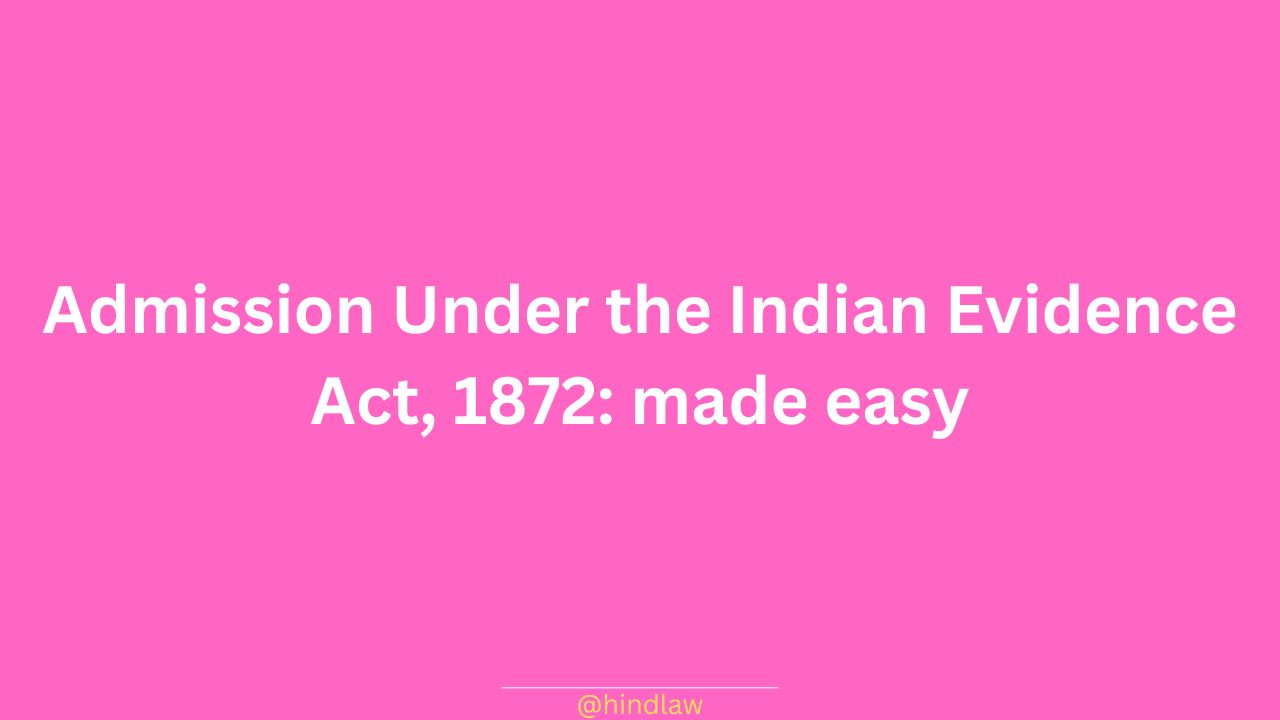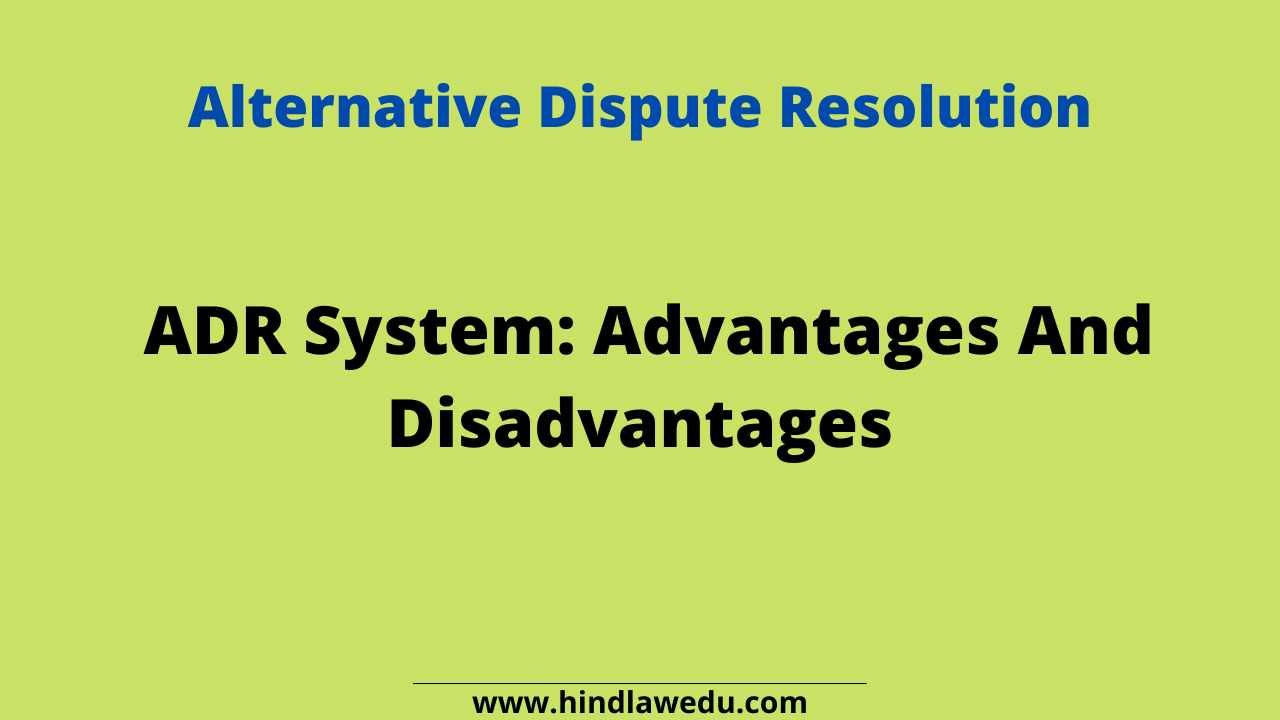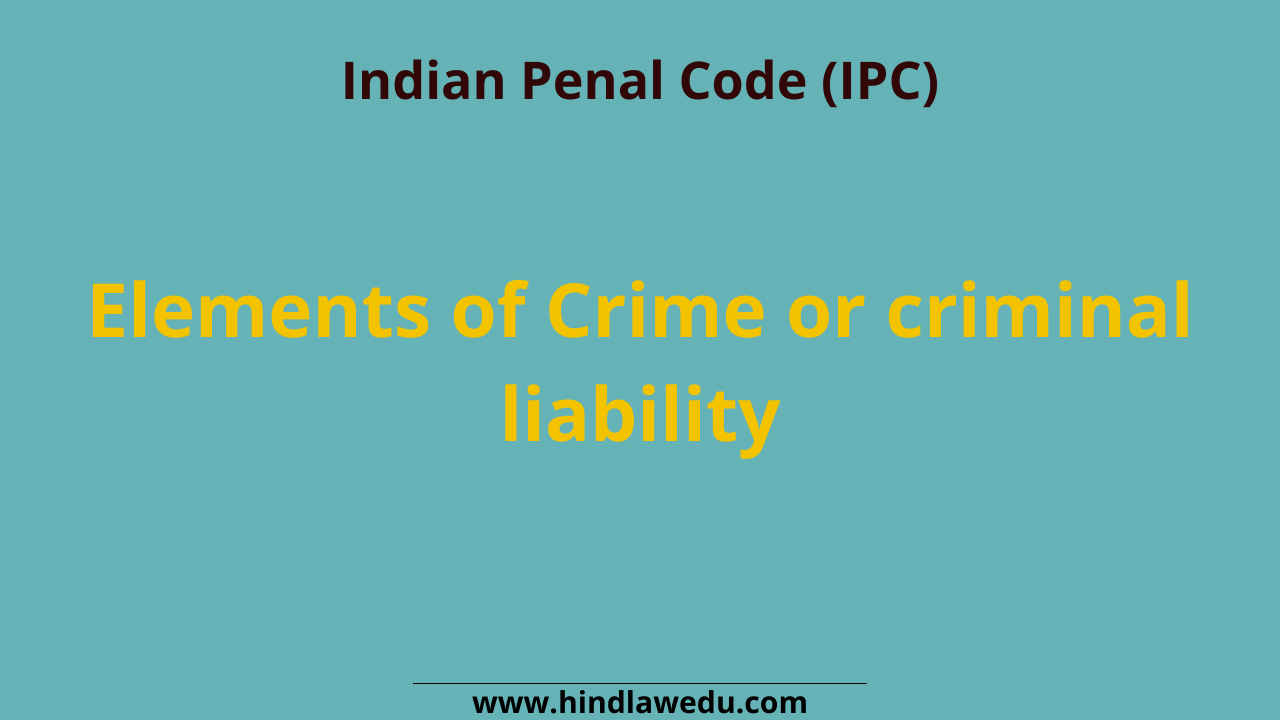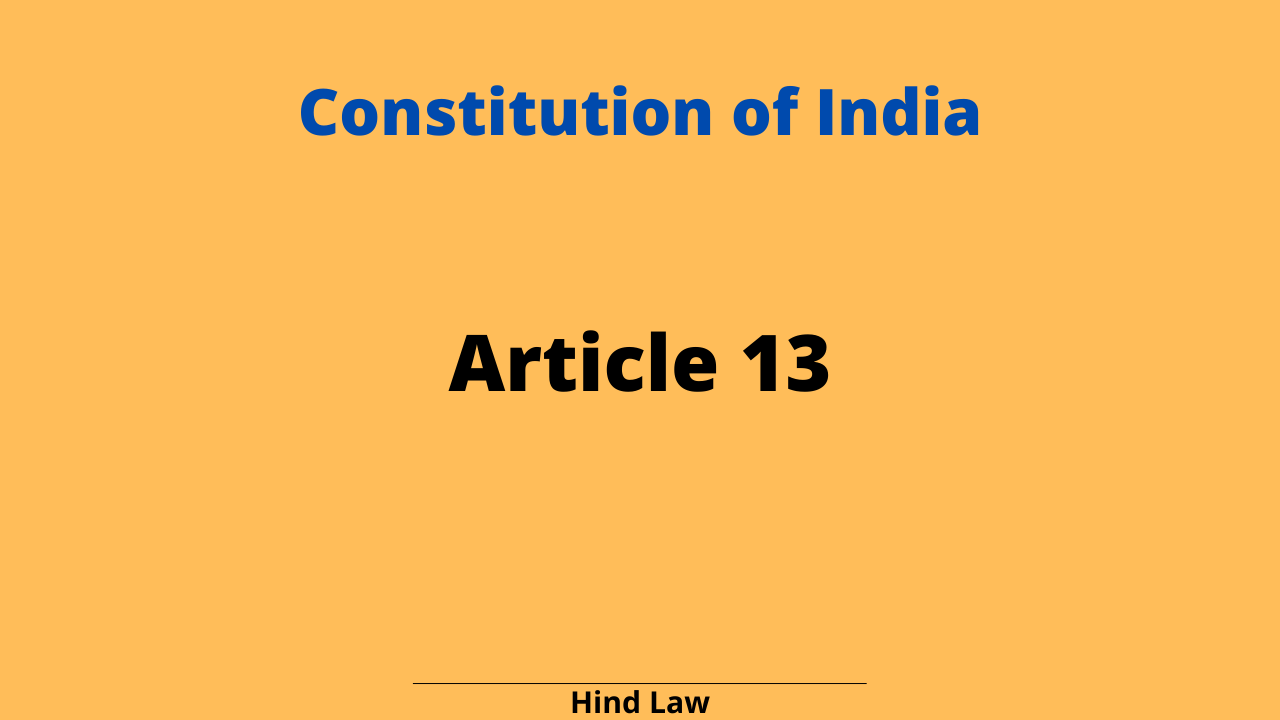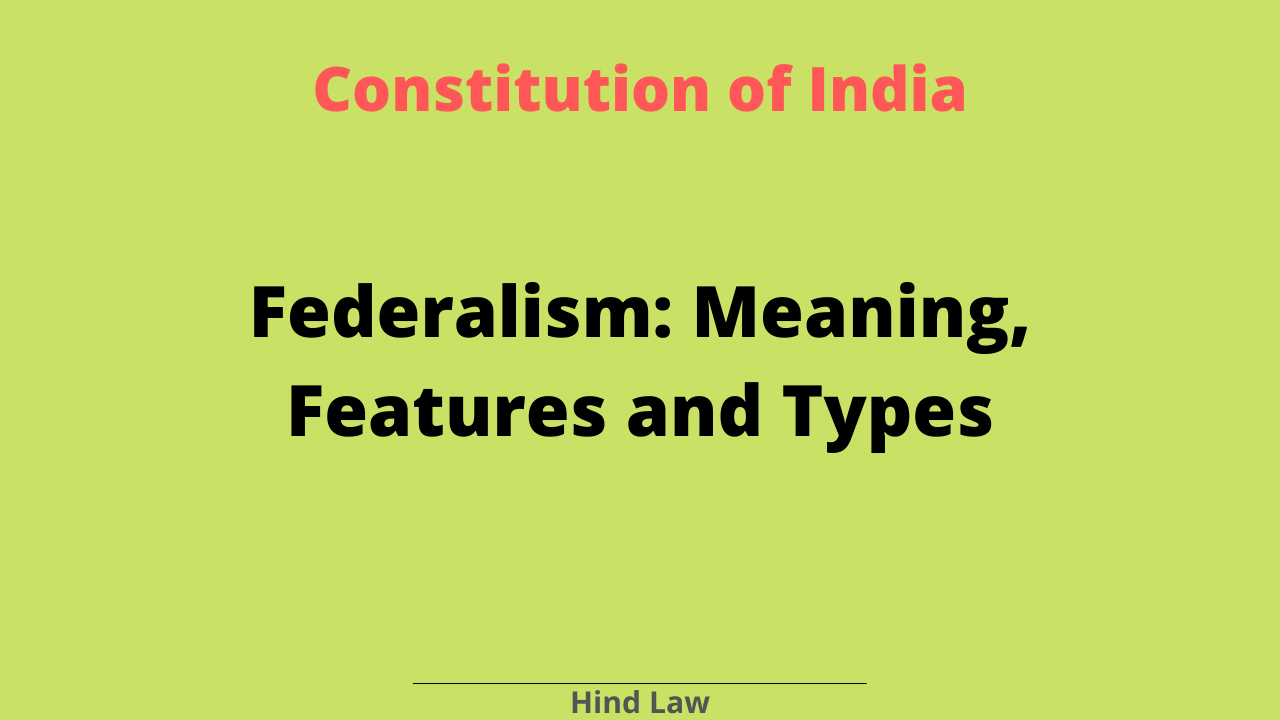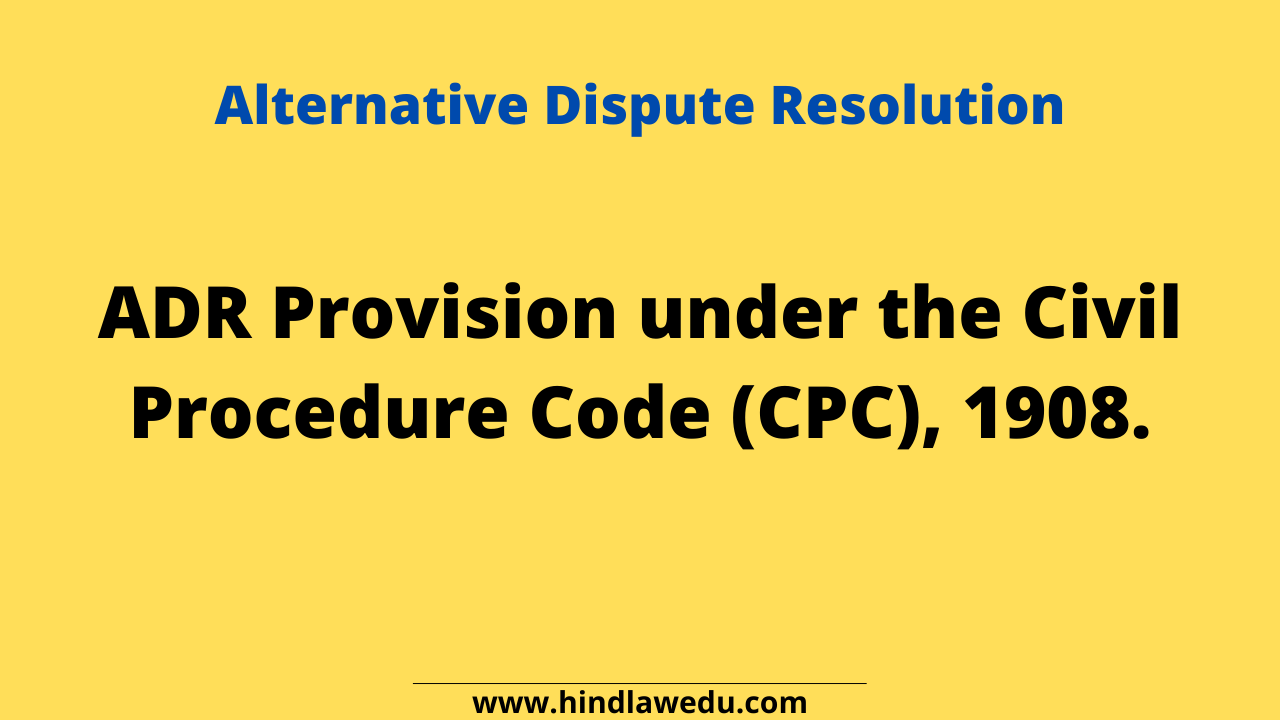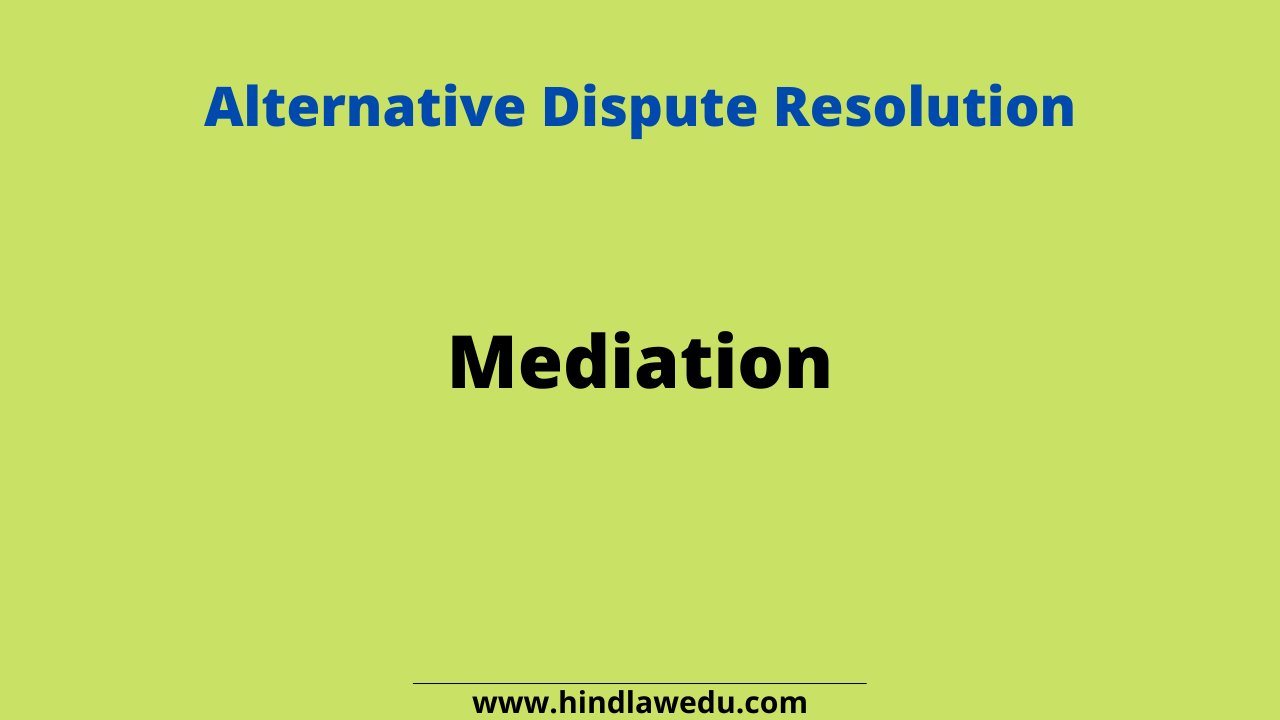The Hindu marriage act 1955 has cast a duty on the courts to make an endeavor to bring about a reconciliation between the parties to the marriage before granting decree of divorce, the Act has introduced the principle that a broken marriage can be treated like other civil wrong.
Section 23 of the Hindu Marriage Act states that before proceeding to grant any relief under it, there shall be a duty of the court in the first instance, in every case, to make every endeavor to bring about reconciliation between the parties where relief is sought on most of the fault grounds for divorce.
This section provides that court on request of the parties or if the court thinks it just and proper may adjourn the proceedings for a reasonable period not exceeding 15 days to bring about Reconciliation. Efforts for reconciliation should be made before the final stage of the case, where in a case reconciliation efforts were not made, the case could be remanded with the direction to make efforts to bring about reconciliation.
Exceptions:
However, in case of a petition for divorce on the grounds of conversion, unsoundness of mind, violent form of leprosy, communicable form of venereal disease, renunciation of the world or intractability of one of the parties to marriage, there is no duty cast on the courts to attempt for reconciliation between the parties in such cases.
It must be borne in mind that a Hindu marriage is a sacrament and not a contract. Even if divorce is sought by mutual consent, it is the duty of the court to attempt reconciliation in the first effort.
Also Read:



